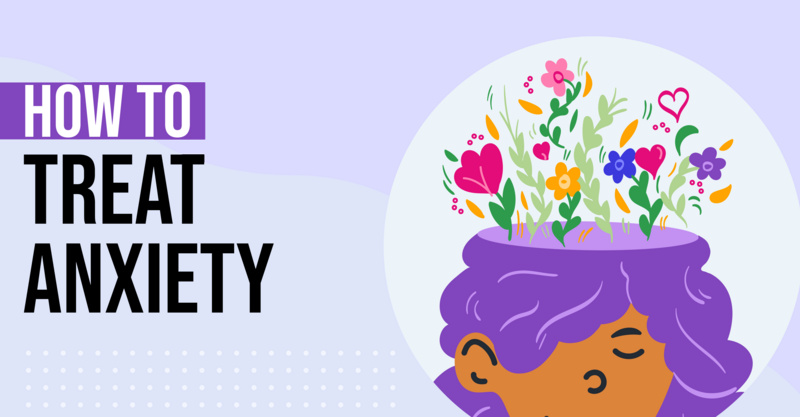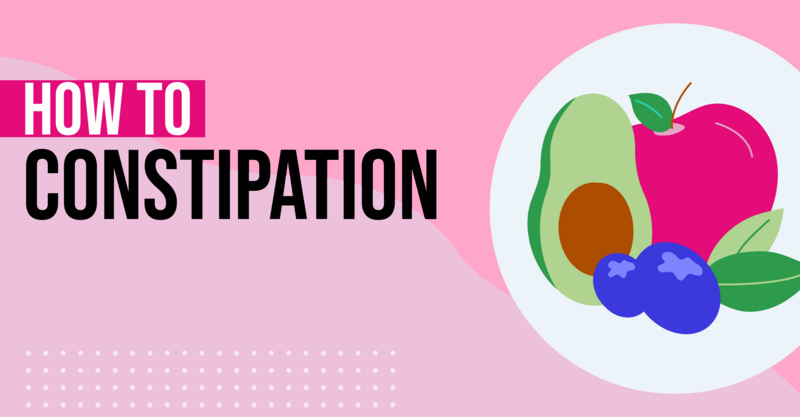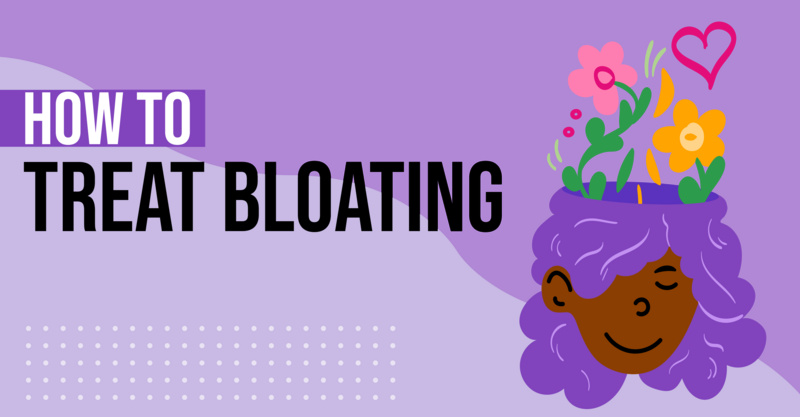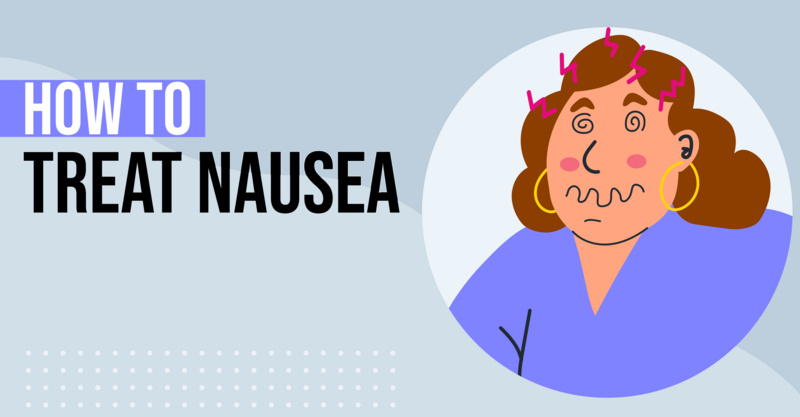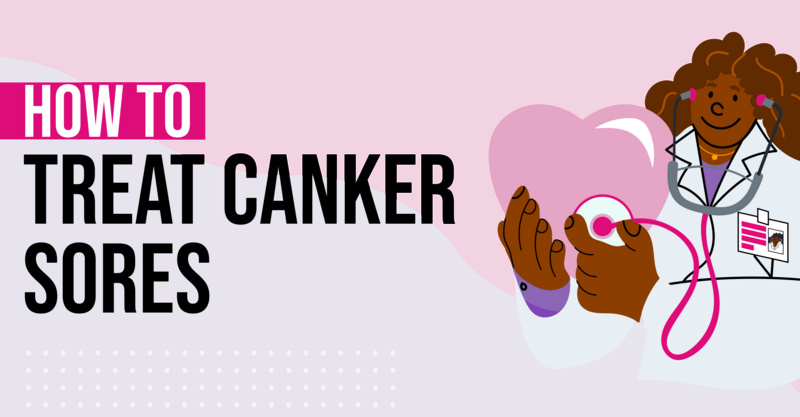Key Points
- Eczema, or atopic dermatitis, is a chronic skin condition that can be triggered or worsened by various factors such as allergens, stress, and certain foods.
- Home remedies for managing eczema include over-the-counter creams, natural remedies like coconut oil and oatmeal baths, wet wraps, cool compresses, acupuncture, probiotics, and vitamins D and B12.
- Dietary changes, especially avoiding dairy, gluten, and processed foods, can help manage eczema symptoms.
- If eczema symptoms become severe or show signs of infection, it's crucial to seek medical attention.
- Preventive measures for eczema include identifying and avoiding triggers, maintaining a good skincare routine, dietary considerations, and stress management.
If you suffer from eczema, you know how frustrating and uncomfortable it can be. The itchy, red, and inflamed skin can make you feel self-conscious and uncomfortable. If you’re looking for things you can do at home to treat your eczema and help alleviate your symptoms, you’ve come to the right place!
First, a Little More About Eczema...
Eczema (also known as “atopic dermatitis”) is a chronic skin condition that causes inflammation and itching. It is a common condition that affects people of all ages, but it is more common in children according to the Cleveland Clinic. Eczema is not contagious, but it can be very uncomfortable and can even affect the quality of life in some cases.
What Causes Eczema?
Although the exact cause of eczema is unknown, certain factors can trigger or worsen symptoms, according to the Cleveland Clinic. Some common triggers and risk factors include:
- Exposure to irritants such as soaps, detergents, and disinfectants can trigger eczema. The Cleveland Clinic recommends switching to products that have a “gentle” or “sensitive skin” formula if you are prone to eczema. Fragrance-free products are also recommended for things like soaps, lotions, and detergents.
- Allergens such as pollen, dust mites, and pet dander can trigger eczema, according to the Cleveland Clinic. They recommend that you try to avoid exposure to these allergens or use allergy medications to reduce symptoms.
- The Cleveland Clinic also notes that stress can trigger eczema or worsen existing symptoms. They recommend that you practice stress-reducing techniques such as deep breathing, meditation, or yoga if you find that stress is an eczema trigger for you.
- Changes in temperature and humidity can trigger eczema, according to the Cleveland Clinic. You can protect your skin from extreme temperatures by wearing layers of protective clothing and using a humidifier to add moisture to the air at home.
- Certain foods can trigger eczema (especially in children), according to the Cleveland Clinic. They note that common triggers include dairy products, eggs, nuts, and soy. You can keep a food diary to identify any food triggers.
- Eczema can run in families, according to the Cleveland Clinic. If you have a family history of eczema, you may be more likely to develop the condition.
At-Home Remedies for Eczema
1. Over-The-Counter Creams
There are several over-the-counter creams and ointments available for eczema, according to the American Academy of Dermatology (AAD). Some popular options include hydrocortisone creams and calamine lotion.
2. Natural Remedies
There are also several natural remedies that work well for eczema, according to Healthline. Some of these remedies include coconut oil, sunflower seed oil, and evening primrose oil. Manuka honey and witch hazel are also known for their anti-inflammatory properties and can be applied topically to the affected areas, according to Medical News Today.
3. Wet Wraps & Cool Compresses
Wet wraps and cool compresses can help relieve the symptoms of severe eczema flare-ups, according to NationalEczema.org. Wet wraps involve wrapping the affected area with a damp cloth and then covering it with a dry cloth. Cool compresses can be made by placing a damp cloth in the refrigerator for a few minutes and then applying it to the affected area.
4. Oatmeal Baths
Oatmeal baths can help soothe irritated skin caused by eczema, according to the AAD. They recommend adding a cup of oatmeal to a warm bath and soaking for 15-20 minutes. This works well if your eczema covers your arms, legs, stomach, back, or buttocks. This is not recommended for eczema on the face or neck.
5. Acupuncture
Acupuncture is a traditional Chinese medicine practice that involves inserting needles into specific points on the body to relieve pain and inflammation. Some people with eczema have found relief through acupuncture, according to Healthline.
6. Probiotics
Probiotics are beneficial bacteria that can help improve gut health and boost the immune system, according to Medical News Today. They note that many people with eczema have reported that probiotics help their symptoms as well.
7. Vitamins (Specifically vitamins D & B12)
Vitamins D and B12 are both great for skin health, according to Healthline. They note that there are studies that report people with vitamin D deficiencies may be more prone to eczema. Healthline notes that you should always talk to your doctor about whether taking supplements could be beneficial for you.
8. Diet
Some people with eczema find that certain foods can trigger flare-ups, according to Healthline. They note that common triggers include dairy, gluten, and processed foods. Keeping a food diary can help you identify which foods may be causing your symptoms.
When To Seek Urgent Care for Eczema
Eczema can be managed at home in most cases, according to the AAD. However, there are times when you may need to seek medical attention. The Cleveland Clinic notes that some cases of eczema can become infected, either by scratching too much or if the skin breaks open on its own. An infected case of eczema should be evaluated and treated by a doctor, according to the Cleveland Clinic. They note that you should seek a doctor’s care if you have any of the following symptoms:
- Fever or chills
- Pain or swelling
- Straw-colored crust
- White discharge or pus
- Redness that’s spreading or worsening
Additionally, WebMD notes that you should see a doctor if your eczema is not getting better or if your eczema symptoms are keeping you from functioning normally or sleeping well.
At-Home Prevention of Eczema Flare-Ups
If eczema is a problem for you, there are some steps you can take at home to prevent flare-ups and keep your skin healthy.
1. Identify & Avoid Triggers
A major step in preventing eczema flare-ups is identifying and avoiding any triggers that cause your symptoms to worsen, according to the Cleveland Clinic. Common triggers include stress, certain foods, allergens, and irritants such as harsh soaps or detergents. Keep a diary to track your symptoms to try to identify any potential triggers. Once you understand your triggers, you can start making lifestyle changes to avoid them.
2. Good Skincare Routine
Maintaining a good skincare routine is important for managing eczema symptoms, according to the AAD. They recommend that you try using gentle, fragrance-free products and applying moisturizer immediately after bathing to lock in moisture.
3. Dietary Considerations
In some cases, dietary changes may help to reduce eczema symptoms, according to the AAD. Some people find that eliminating certain foods (such as dairy, gluten, or soy) from their diet can help prevent flare-ups.
4. Stress Management
Stress can trigger eczema flare-ups, according to the Cleveland Clinic. So it's important to find ways to manage your stress levels. They recommend trying relaxation techniques such as meditation or yoga or engaging in activities that you enjoy to help reduce stress.
Recap of At-Home Eczema Care
Here are some key points to remember when managing your eczema at home:
- Pay attention to any potential triggers (like certain foods and products) that cause your eczema to flare up and try to avoid those triggers.
- Use gentle skincare products, like those that are fragrance-free or hypoallergenic.
- Moisturize regularly to help keep your skin hydrated.
- Use over-the-counter eczema medications as directed.
- Try natural remedies like oils, vitamins, oatmeal baths, and acupuncture.
- Seek medical attention if your eczema is severe, not responding to at-home treatments, or you have symptoms of an infection.
Frequently asked questions
What is eczema and what triggers it?
Eczema, also known as atopic dermatitis, is a chronic skin condition that causes inflammation and itching. It can be triggered or worsened by exposure to irritants, allergens, stress, changes in temperature and humidity, certain foods, and family history.What are some home remedies for managing eczema?
Some home remedies include using over-the-counter creams, natural remedies like coconut oil and oatmeal baths, wet wraps, cool compresses, acupuncture, probiotics, and vitamins D and B12.Can dietary changes help manage eczema?
Yes, avoiding dairy, gluten, and processed foods can help manage eczema symptoms.When should I seek medical attention for eczema?
If eczema symptoms become severe or show signs of infection, it's important to seek medical attention.What preventive measures can I take to manage eczema?
Preventive measures include identifying and avoiding triggers, maintaining a good skincare routine, considering dietary changes, and managing stress.Can moisturizing help manage eczema?
Yes, regular moisturizing can help manage eczema symptoms.Are there any natural remedies for managing eczema?
Yes, natural remedies like coconut oil and oatmeal baths can be beneficial for managing eczema.Can stress trigger eczema?
Yes, stress can trigger or worsen eczema symptoms.
Solv has strict sourcing guidelines and relies on peer-reviewed studies, academic research institutions, and medical associations. We avoid using tertiary references.


 LinkedIn
LinkedIn

